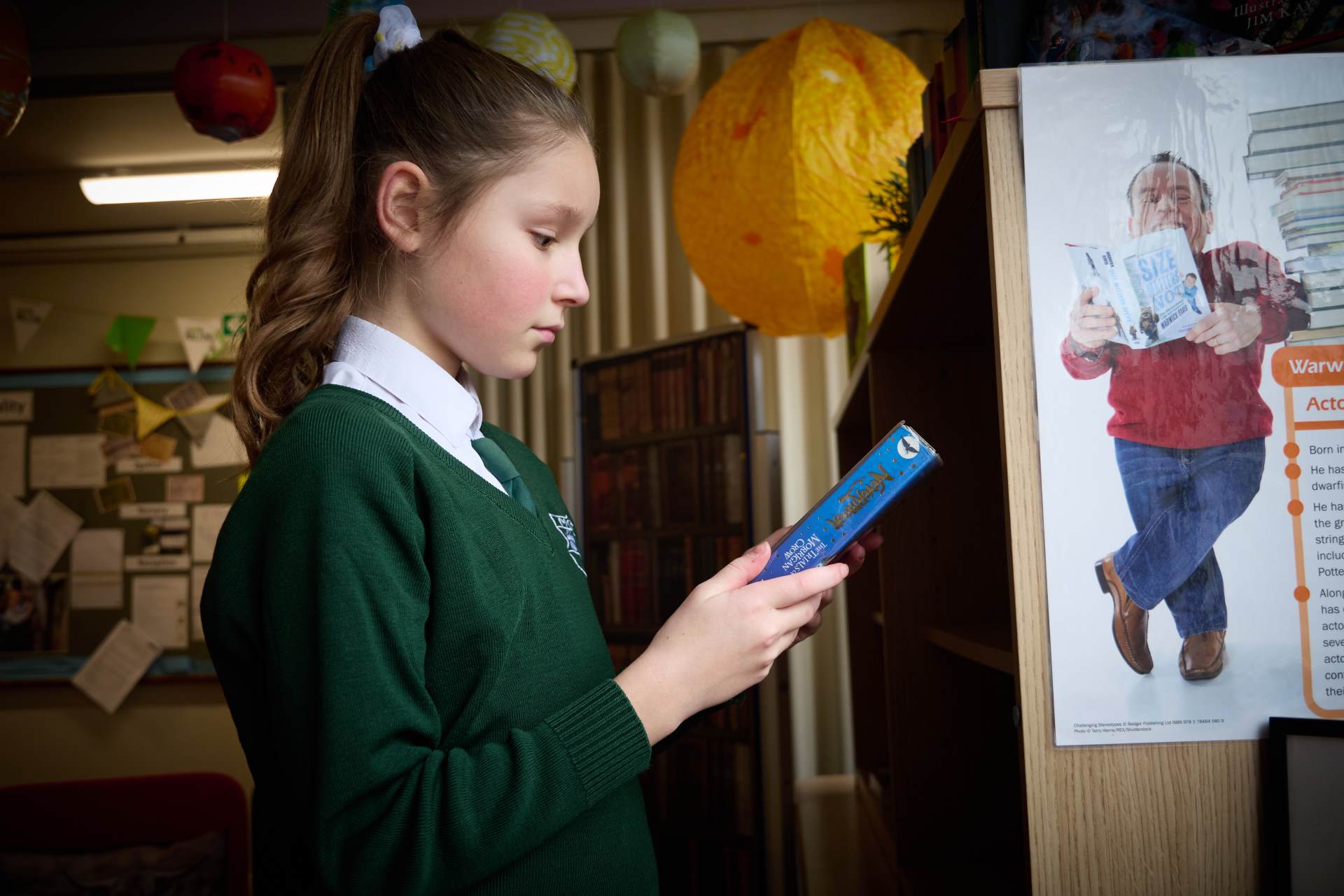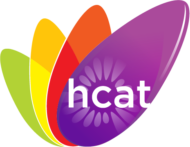Reading Intent, Implementation and Impact Statement
At Malton Primary Academy literacy (including reading) is viewed as the key to success in other curriculum areas. If pupils are to fully access a broad and balanced curriculum, it is essential they master the skills and acquire the knowledge associated with speaking, reading and writing.
Some pupils at our school do not always see the value in literature. This includes reading for pleasure at home, creating writing and presenting what they know with clarity. Others, however, have a desire to immerse themselves in quality texts and yearn to know more. It is due to this context that our literacy curriculum is based on well-written contemporary and classic texts, poetry and our rich literary heritage.
Some pupils, for a variety for reasons, enter our school without age-appropriate vocabulary. Our curriculum is therefore underpinned by a focus on closing the vocabulary gap. This approach also enhances the vocabulary of our most able learners by providing plentiful opportunities for vocabulary immersion and expansion. Phonology, morphology and semantics are key components to literacy progression and have been planned for sequentially.
Pupils are given frequent opportunities to hear examples of well-spoken language and read examples of well-written text and linguistic conventions across the curriculum. This helps familiarise pupils with language patterns of text types. Pupils must read aloud and respond physically to the ebb and flow of well-constructed sentences. This is essential for pupils in our school because some pupils do not have the opportunity to access this elsewhere, for example, where pupils are new to English.
Through literature pupils have a chance to develop culturally, emotionally, intellectually, socially and spiritually. We have ensured this by carefully considering the texts we expect pupils to hear, read and talk about. Cultural capital is built though regular exposure to topical content, debate and real-life experiences. Pupils are therefore expected to refer to this and draw on knowledge of literature when creating their own pieces of writing.
The school implements a highly structured approach to the teaching of phonics and early literacy. We recognise the importance of decoding and word reading as a foundation to reading and writing for meaning. Almost all pupils entering Year 2 have a secure grounding in word reading and are therefore in a strong position to access the curriculum.
The following key principles underpin our literacy curriculum: Enjoyment is an essential hook to encourage pupils to fully engage with literature; A whole school evidenced-based approach to reading, writing, spelling, handwriting and speaking and listening ensure a consistent and equitable approach for all pupils; Continued professional development is essential to the success of the literacy curriculum and the school invests appropriately in this and encouraging pupils to form positive lifelong learning habits in relation to literacy.

As a result of engagement with our literacy curriculum, we expect pupils in our school to be:
- Effective communicators who can justify their views;
- Confident and fluent speakers, readers and writers, who view these attributes as extraordinarily
- important;
- In possession of a deep understanding of vocabulary and language;
- Proud authors of their own writing;
- Grounded in literature both contemporary and classic;
- Patient, with a desire to improve their own work and that of others;
- Able to see literature as an opportunity to acquire knowledge.
- Able to understand audience and purpose.




